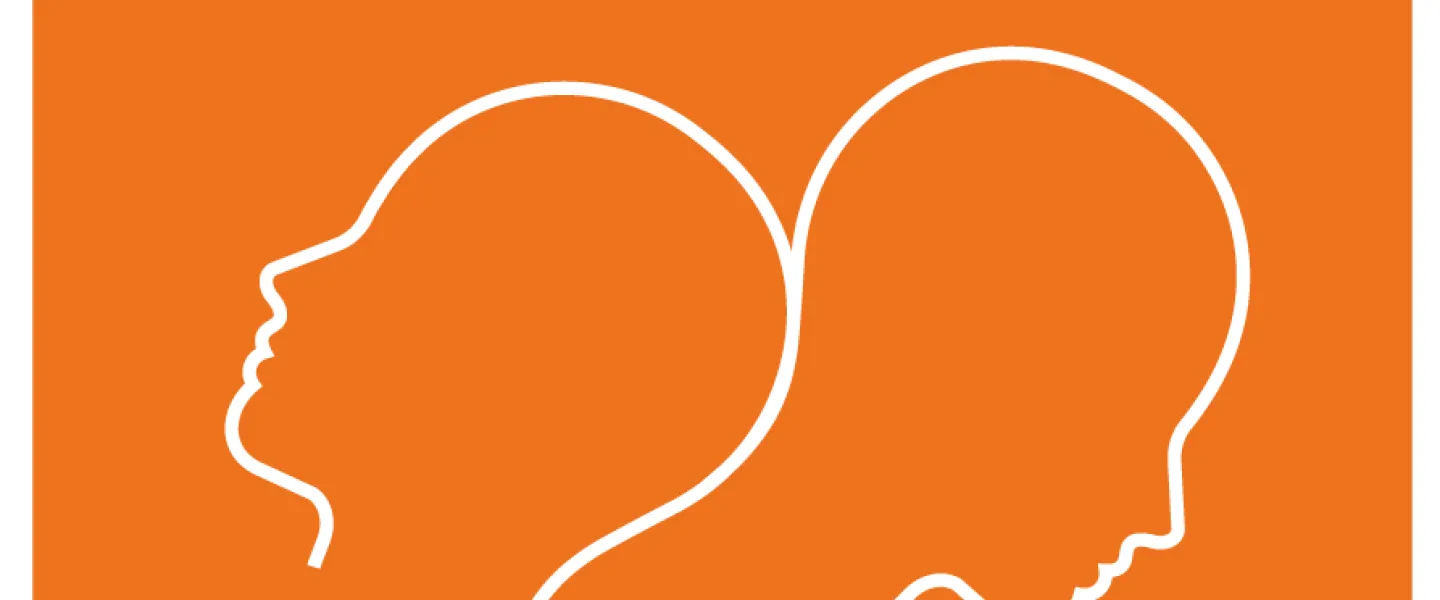
People who became seriously ill with COVID-19 are at increased risk of developing symptoms of depression and post-traumatic stress following recovery. Similar trends have been detected in those who have been in quarantine or have relatives who have been diagnosed with COVID-19.
These are the initial findings of the COVID-19 National Resilience Cohort study, launched this spring by scientists at the University of Iceland, Landspítali University Hospital and the Directorate of Health. The study is now continuing, with both former and new participants invited to share their experiences of the pandemic.
The research aims to acquire extensive knowledge of the impact the pandemic has had on wellbeing and quality of life among people in Iceland. A total of 23,000 people took part in the study this spring and summer, including 400 people who had been diagnosed with COVID-19. Since then, the researchers have been working on analysing the data, focusing in particular on potential risk groups.
The initial findings indicate that people who have been directly affected by the pandemic show signs of a negative impact on their mental health.
"The findings show that people who have been diagnosed with COVID-19 are at increased risk of developing symptoms of depression and post-traumatic stress after recovery, especially those who became seriously ill from the disease. There are also clues suggesting a negative impact on mental health among people who have been in quarantine or have relatives that were diagnosed with COVID-19," says Unnur Anna Valdimarsdóttir, professor at the University of Iceland Faculty of Medicine, who is leading the research team.
It is safe to say that the COVID-19 pandemic is one of the biggest challenges to ever face nations across the world. Some have wondered whether the pandemic and/or the public health restrictions could have had a negative impact on mental health in Iceland.
Unnur says that so far, there is no strong indication of a widespread impact on mental health in Iceland as there has been in other countries where the pandemic was not controlled. So far, we have avoided completely losing control of the spread of the disease and so it appears that mental health has declined first and foremost in risk groups, for example those who have experienced infection in the family. There are also signs suggesting that people who have suffered significant loss of income in the pandemic are at increased risk for poor mental health.
